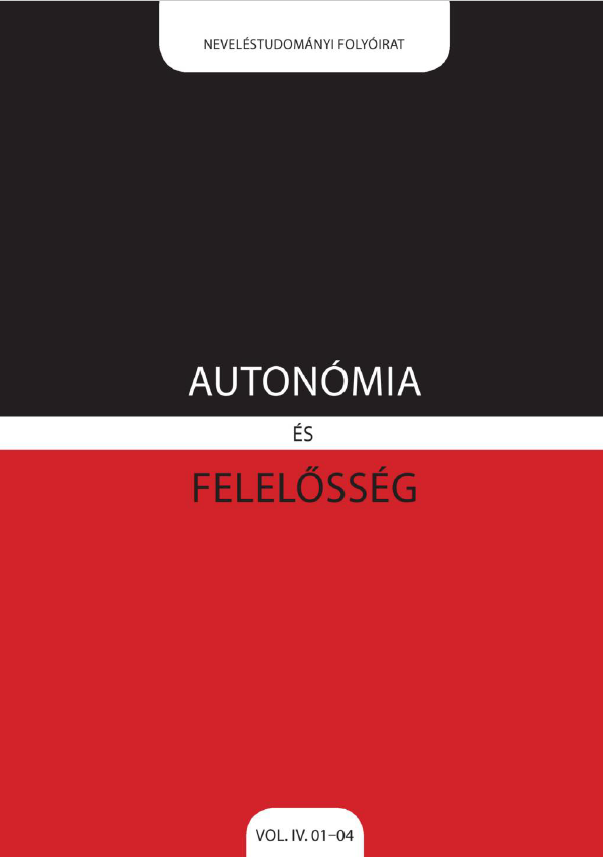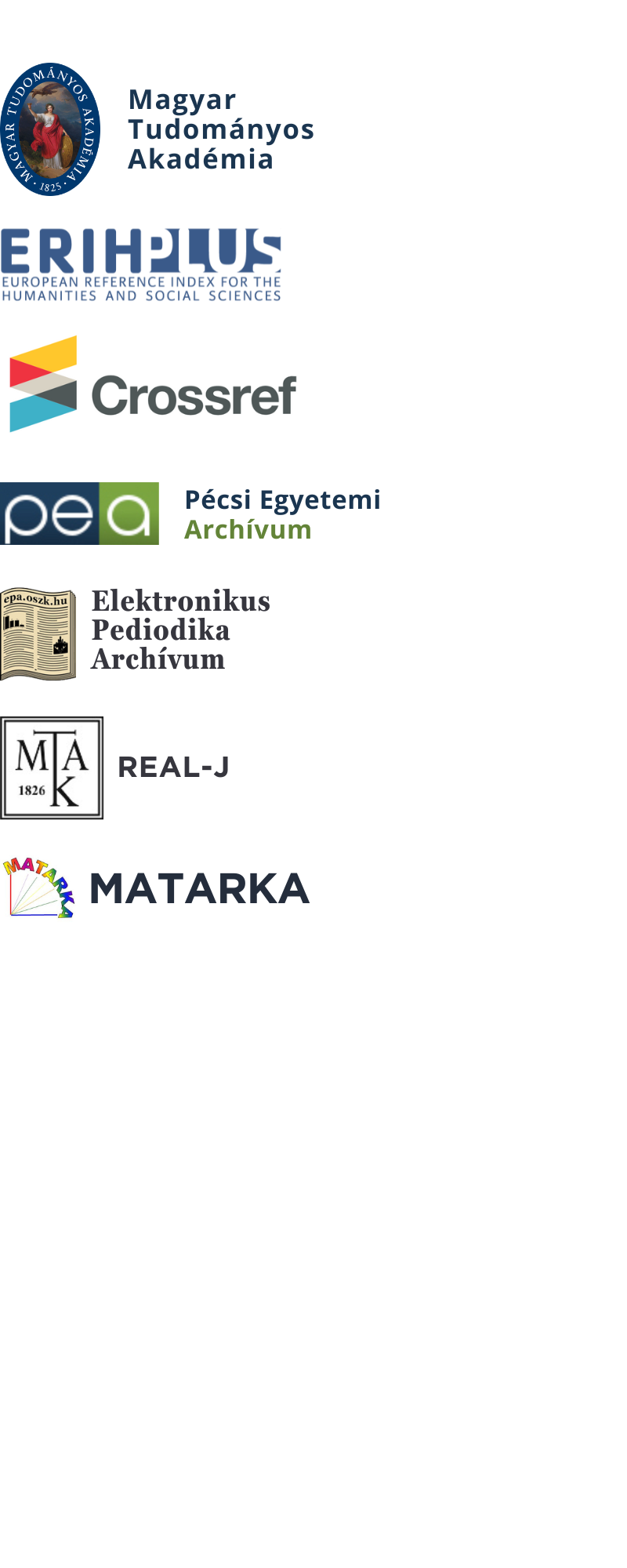Cooperative Learning in Bilingual Education
DOI:
https://doi.org/10.15170/AR.2018-19.4.1-4.4.Keywords:
két tanítási nyelvű oktatás, kooperatív tanulásszervezésAbstract
The purpose of this study is to investigate how cooperative learning approach may be applied
during Hungarian –English bilingual education processes. The study is intended to compare
the effectiveness of traditional settings and cooperative learning. Through professional experiences, the study explores the changes in students’ self-esteem and affectivity in English
language learning under experimental conditions in the classroom, especially in bilingual settings.
This analysis intends to highlight the applicability and advantages of cooperative learning approach in the language classroom. The purpose of this review is to look at the theoretical perspectives of second language acquisition that may be associated with cooperative learning in practice. The paper discusses the collaborative principles by the applied cooperative structures and ways they advocate achieving the success criteria of language learning.. Quantitative data collection relies on participant observations of the researcher and her colleague. Results suggest
further consideration and adaptability of cooperative learning approach to language education.
Downloads
Downloads
Published
How to Cite
Issue
Section
License

This work is licensed under a Creative Commons Attribution-NonCommercial-NoDerivatives 4.0 International License.



